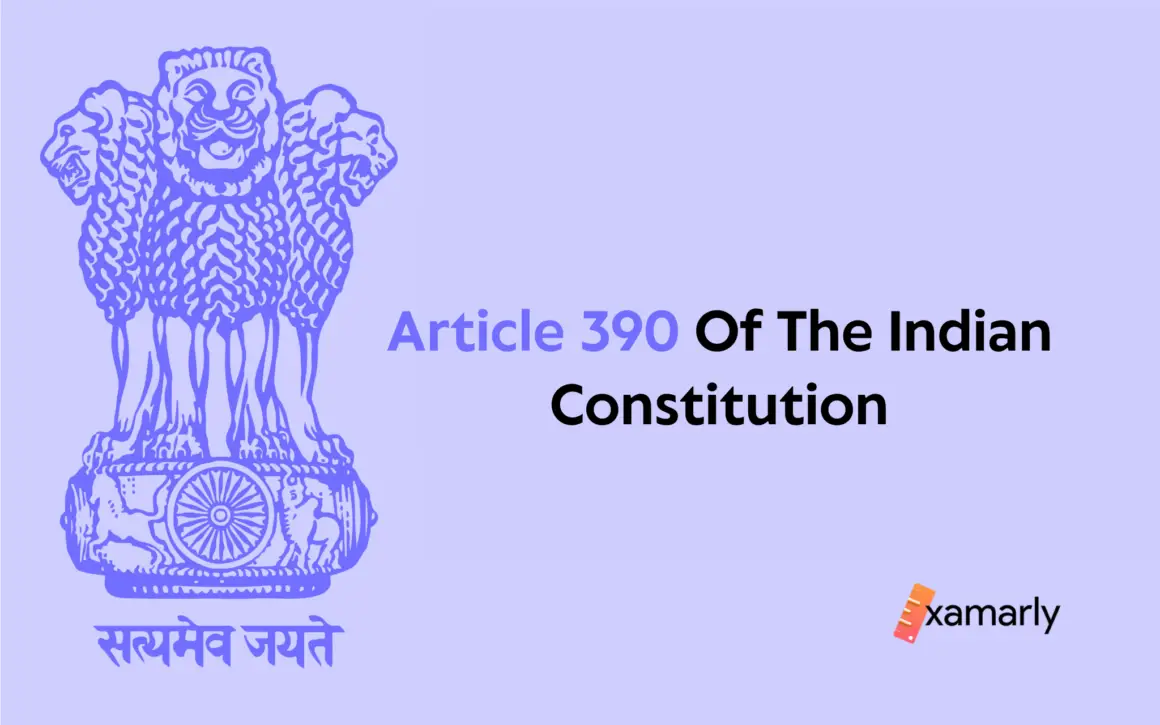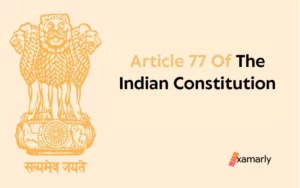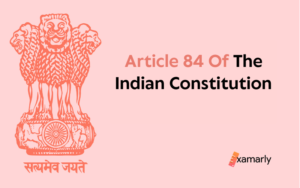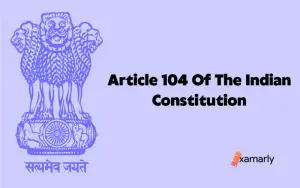Article 390 of the Indian Constitution mentioned about the financial transactions of the Government in a fixed period of time.
Let us dive deep to have a better understanding of Article 390 of the Indian Constitution & it’s omission from the Constitution of India.
Article 390 Of The Indian Constitution – In Detail
Article 390 Of The Indian Constitution laid down provisions for money received/raised, or expenditure incurred by the Government, between the commencement of the Constitution and the 31st day of March.
In simpler terms, any financial transactions taking place between the date on which the Constitution came into effect and March 31, 1951, will be considered to have been conducted in accordance with the laws and regulations that were in place at that time.
This provision is specifically with regards to transactions done by the Government of India, or by a State Government, or by any other authority in the exercise of its executive power.
Article 390 was made with the objective of ensuring continuity and avoiding legal challenges to the validity of financial transactions taking place during that period.
Omission Of Article 390 Of The Indian Constitution
Article 390 of the Indian Constitution was omitted by the Constitution (Seventh Amendment) Act, 1956.
Summary
Article 390 of the Indian Constitution ensured that the financial transactions of the government are in line with the laws that were in place when the transactions took place, thus avoiding legal challenges or disputes in the future.
It was however dismissed & omitted from the Indian Constitution due to significant flaws with it.
You Might Also Like To Read: Article 77 Of The Indian Constitution.
FAQs Related To Article 390 Of The Indian Constitution
What was the purpose of Article 390?
Article 390 of the Indian Constitution was a provision to ensure that any money received, raised or expenditure incurred between the commencement of the Constitution and 31st of March, 1951, will be considered to have been done so in accordance with the laws that were in place at that time.
Why was this provision necessary?
This provision was necessary to ensure continuity and avoid legal challenges to the validity of financial transactions that took place during that period.
Without this provision, financial transactions that took place between the date the Constitution came into effect and March 31, 1951, could be called into question, creating legal disputes and uncertainty.
Who did this provision apply to?
This provision applied to the Government of India, state Governments, and any other authority in the exercise of its executive power.






